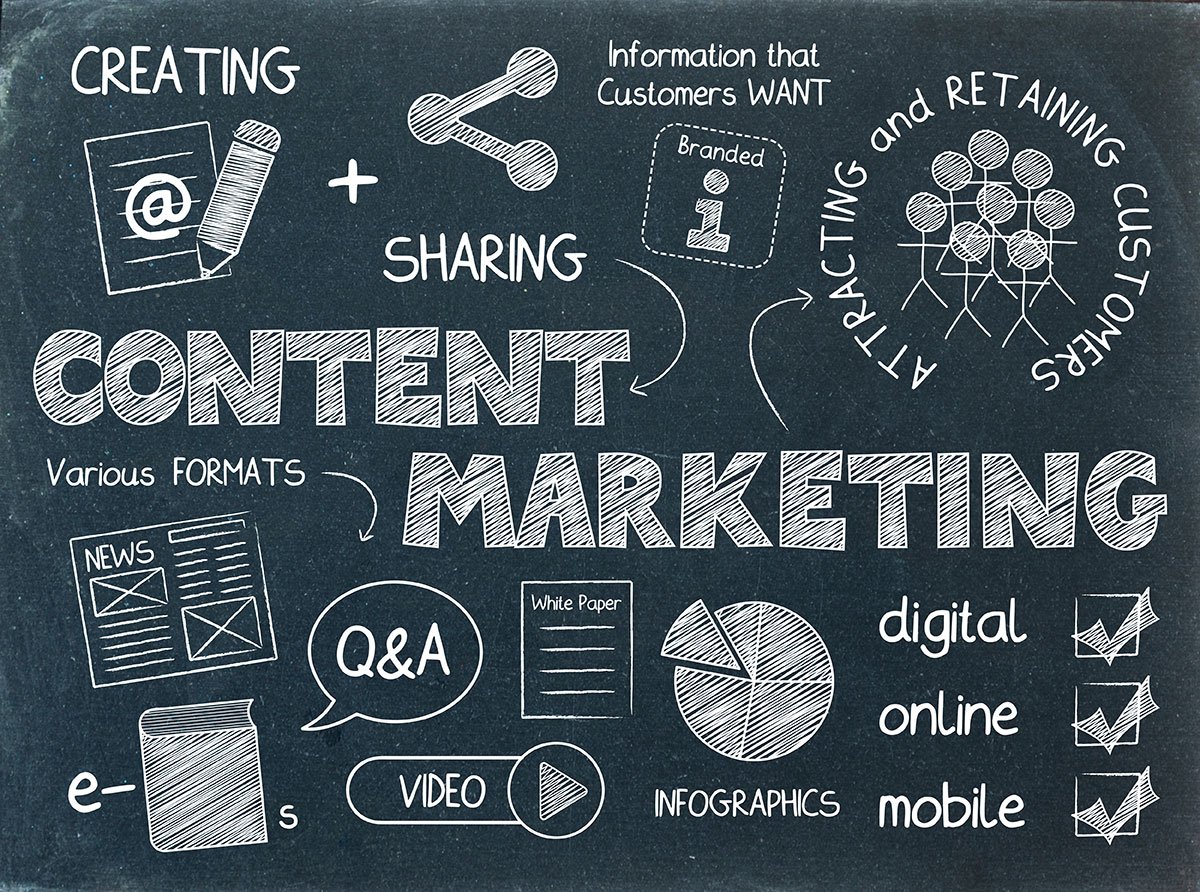Email Marketing Etiquette Philosophy, And Best Practices
Email is to your website what an invitation to lunch is to a speech at a convention – it’s a chance for a personalized, intimate, engagement.

Email is the most personal you can get with your customers – before a sale – short of a telephone call. Don’t use it to solicit, to solicit without an invitation, to solicit without amazing content, to solicit through bulk emails, to solicit leads without targeted offers, and to solicit through automation.
The power of email has grown in recent years, as open rates have fallen, and as many companies now ‘scrape’ emails using lead-aggregating tools. With email you can now:
- Map email addresses to names;
- Map email addresses to industries;
- Map email addresses to companies;
- Map email addresses to locations;
- Map email addresses to domains;
- Detect receive rates;
- Detect open rates;
- Detect click-through rates;
- Track unsubscribe rates;
- Track aggregate and individual browsing activity and domain engagement;
- Segment leads;
- Personalize a web experience based on individual email addresses or segments.
What Is Email Marketing?
The simplest way to think of email is as a continuation of the web experience, except with more information about their interests. Their interests – not your interests. The fact that it can be automated or done at scale notwithstanding, it’s a kind ‘room key’ given to you, and represents a measure of trust, and therefore a covenant.
Here are some basics of how to do email marketing well.
- Set up a CRM and gather your email list with buyer-centric content;
- Never pay for email address or ‘scrape’ leads. It ruins email marketing for everybody else, and will eventually drive people from email altogether, if your domain isn’t blacklisted for spam;
- Segment your email leads. Provide copy and content that appeal to micro-segments or personas;
- Link to content that is mapped to your personas;
- Don’t email frequently;
- Don’t email without an offer of objective-value content, and only offer content so great you believe people will share it;
- Provide incentives for subscriptions. Not just ‘lead magnets’, but exclusive content that can’t be obtained elsewhere;
- Let those not in your email distribution list know about exclusive content offered via email;
- Load your email with differentiated that gives you still more information about who is interested in what, and learn from that;
- Don’t automate follow-up emails, regardless of engagement activity. You can develop lead-scoring models, based on engagement, but follow-ups should be driven by actual email marketers;
- Never drip market or automate emails, generally; hire an email marketer who can thoughtfully reach out with targeted offers;
- Never resubscribe people who have unsubscribed;
- Regularly clean your CRM based on receive, open, and engagement rates. If people aren’t interested in you, accept that;
- Keep leads engaged with thoughtful, high-value, content. This is not ‘drip marketing’;
The simplest way to think of email is as a personalized continuation of a buyer’s web experience, with an expectation of more courtesy and more intelligent and responsive signal interpretation. They’re used to hearing from loved ones via email, and have little tolerance for mass marketing.
The average person shares their email address with thousands of companies in a lifetime. If they’re all hounding a person through email, people tune out.
This is exactly what’s happened. At this point, with everybody scaring off the fish, people are no longer interested in being marketed to via email. They delete most emails from people who are interrupting them to talk about themselves, only to ask to take their money later.
It’s mean to be more personal, if you use the scalability of it for boilerplate messages and buyer-centric talk, you’re missing the point, and an opportunity.
Email is a covenant. A lead providing an email address to you is a gesture of trust. Unless you have a great reason to reach out and engage, don’t.





